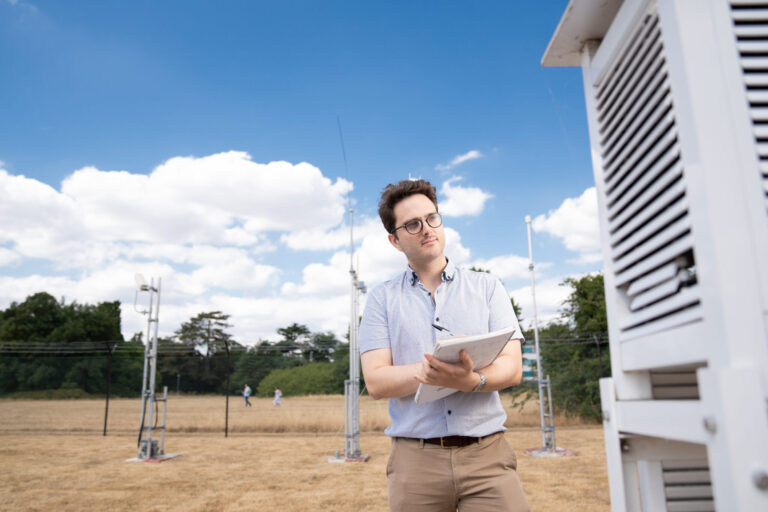In partnership with the European Centre for Medium-Range Weather Forecasts, the Met Office and the National Centre for Atmospheric Science, the University of Reading has launched the Advancing the Frontiers of Earth System Prediction (AFESP) research program to create accurate and reliable weather forecasts one month ahead.
Improving long-range weather forecasts
At the moment, meteorologists can make useful forecasts up to one week in advance. “A major goal of our work is to be able to say what the weather will be like a month ahead,” said Rowan Sutton, a climate scientist at the National Centre for Atmospheric Science and the University of Reading. “It will not be possible to predict one month ahead whether a particular day will be sunny or rainy. However, we hope to be able to say we are likely to experience a period of very wet and windy weather – or enjoy sunny weather – four weeks in advance.”
Improving the accuracy of weather forecasts
The AFESP team is paying close attention to the variables involved in calculating weather patterns and making use of vast quantities of meteorological data.
The researchers will look at the data from weather stations across the world, deepwater buoys, weather balloons, transponders on aircraft and ships and sensors on satellites. By including more data, and more variables in the data used to create weather predictions, the AFESP researchers are tackling uncertainties in forecasts – especially the longer-term ones.
Pier Luigi Vidale, a climate scientist at the National Centre for Atmospheric Science and the University of Reading, explained, “We are starting to resolve things at finer and finer resolutions, not just in the atmosphere and on the land surface but also in the oceans, which gives us a much better understanding of how these two fluids transport heat from the equator to the pole and influence the ways that storms develop and bring winds and rain to our shores. That new physical understanding will also help improve our forecasts.”
He added, “At present, we don’t fully understand how predictable the real world is. So we are trying to develop a new theoretical understanding of what the main drivers are, and use that to find out what are the limits to predictability. But it is not just an intellectual exercise. If we get this right, we are going to make a huge, huge difference to people’s lives.”
In February 2024, Meteorological Technology International conducted an exclusive interview with Prof. Sue Grimmond, professor of atmospheric and oceanic science at the University Of Reading, and Met Office joint chair. Click here to read the full article.



